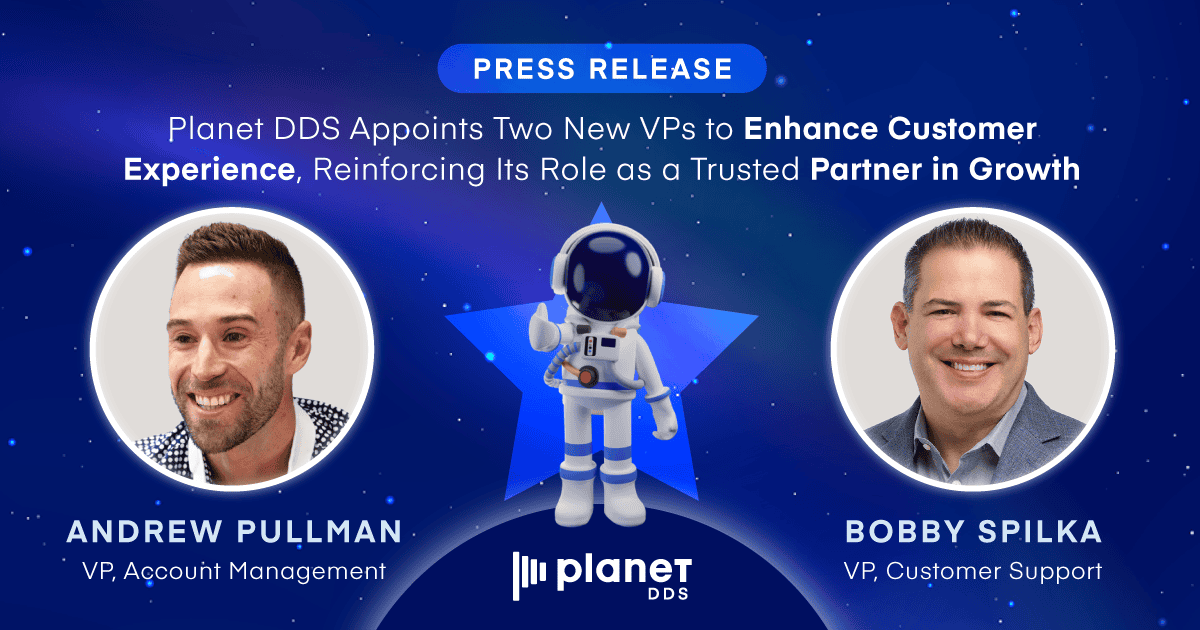Top 5 Healthcare Marketing Tips for 2021

By Dr. Greg Grillo
In past decades, healthcare providers hung out a sign, wrote a check for a Yellow Pages ad, and sponsored youth sports. While that approach may work in isolated corners of the world, most of us need a comprehensive healthcare marketing plan that puts us on the radar.
Caring for patients sometimes feels like the easy part of our professions. Rounding out our roles as managers and entrepreneurs can be daunting, and we don’t always know where to focus. But we can’t afford to sit back and expect patients to choose us if we’re not directing our brand story.
With over 70,000 chiropractors performing over a million adjustments every day, there’s no shortage of options for prospective patients. And 200,000 dentists offer services that to the average consumer looking for a new office often appear similar. New optometry programs expect to add 1,800 net optometrists to the profession in coming years. No matter which angle we view our healthcare business from, we’re not the only game in town for patients.
Tips For A Better Healthcare Marketing Strategy
Consumers don’t just compare us to each other; they subconsciously hold us up against the standards of the names they see every day. It may not seem fair to compare us to Amazon, but on some levels, that’s how consumer psychology works.
Here are five tips that help every healthcare practice needs to emerge as patients’ top-shelf resource.
1. Make a Mobile-Responsive Website Top Priority
Over half of today’s traffic occurs on mobile devices, and it’s even more critical for local searches. As consumers deepen their dependency on smartphones, “near me” searches rose about 900%.
Mobile optimization provides user-friendly experiences by reformatting websites on every device. Viewers stay engaged with your site, and that connectivity produces other advantages, too. Google considers site activity for SEO rankings. If viewers leave your site quickly due to poor formatting or slow loading speeds, Google and prospective patients punish us.
2. Go Multi-Channel And Include Patient Experience Touchpoints
We like to see direct cause-and-effect relationships in our marketing efforts, but effective strategies include a web of intersecting touchpoints. Neuromarketing experts tell us that many purchasing decisions require ten or more exposures to achieve “maximum consumer attitude.”
Healthcare digital marketing often involves building awareness before meeting specific needs with solutions. Steady exposure to our brand on Facebook may cause a patient to click on our physical therapy ad appearing in their search results on Google when they’re seeking help with a balance problem. After they’ve taken our website assessment and seen some educational emails from us, they’re ready to schedule. Connecting the pieces delivers the experience consumers want in the palm of their hands.
3. Build An Online Reputation
Jeff Bezos said, “A brand for a company is like a reputation for a person. You earn reputation by trying to do hard things well.” Our patients talk, but they also post, tweet, and text. Over 90% of patients use online reviews to evaluate providers and healthcare services. In other words, just about everyone is looking at us online before they make an appointment.
Some patients will choose to leave a review, but people love it when we ask for their opinion. In-office requests with satisfied patients generate a few online submissions, but automated tools dramatically improve input. Send a text or email with a link to sites like Google and Facebook to patients after leaving your office. Social proof works: 84% of consumers trust reviews as much as their family and friends.
4. Use Social Media Like A Dripping Faucet
Social media forms communities where patients look for information about everything from healthcare to vacations. For example, the Mayo Clinic saw 76,000 new listeners tune into their podcast in a single month when they started using social media promotions.
Stalwart forums like Facebook and Instagram set the foundation to meet people where they spend time, and it’s not just Millennials glued to their phones. At least 40% of the users on Facebook are 65 or older. Include video educational insights that appeal to the pain points you see and hear in your patient population.
5. Emphasize Location-Based SEO
Every time I check my email, there’s another offer for a free SEO audit of my website. I learned long ago that SEO involves complex algorithms and an emphasis on local results. Most of these services don’t understand healthcare organizations or how to help my practice stand out within a few miles of my office.
Nearly 90% of searches for local businesses on a mobile device call or visit the business within a day. Marketing campaigns that combine healthcare consumer psychology with location-based parameters help attract traffic to your website that’s actively searching for your services. Landing on top of Google Maps with strong reviews dramatically increases new patient leads. And geofencing techniques that display ads to targeted demographics when they’re near our office leverages efforts in ways that the clinic down the street probably doesn’t understand.
Healthcare Digital Marketing Is Complicated. But It’s Easy, Too.
Healthcare industry spending has tripled as a percentage of the total economy over the past 60 years. And as we emerge from the COVID-19 pandemic, a renewed interest in wellness motivates more consumers to seek our services. We can present reliable information, attract new patients, and grow our practices with a cohesive healthcare digital marketing strategy.
Legwork brings us a digital marketing solution that includes Search Engine Optimization (SEO), Search Engine Marketing (SEM) strategies, and mobile-optimized websites. But they also help us attract curious patients through location-based advertising and convert them into scheduled patients using click funnel workflows and online appointment booking tools.
It’s complicated, but they make medical marketing look and feel effortless. Reach out if you’d like to learn more and discover all the tools your team needs in one platform to organize your day, manage tasks, communicate with patients, run reports, schedule campaigns, and much more.
Healthcare digital marketing really is that simple.
[dr_grillo_bio]



